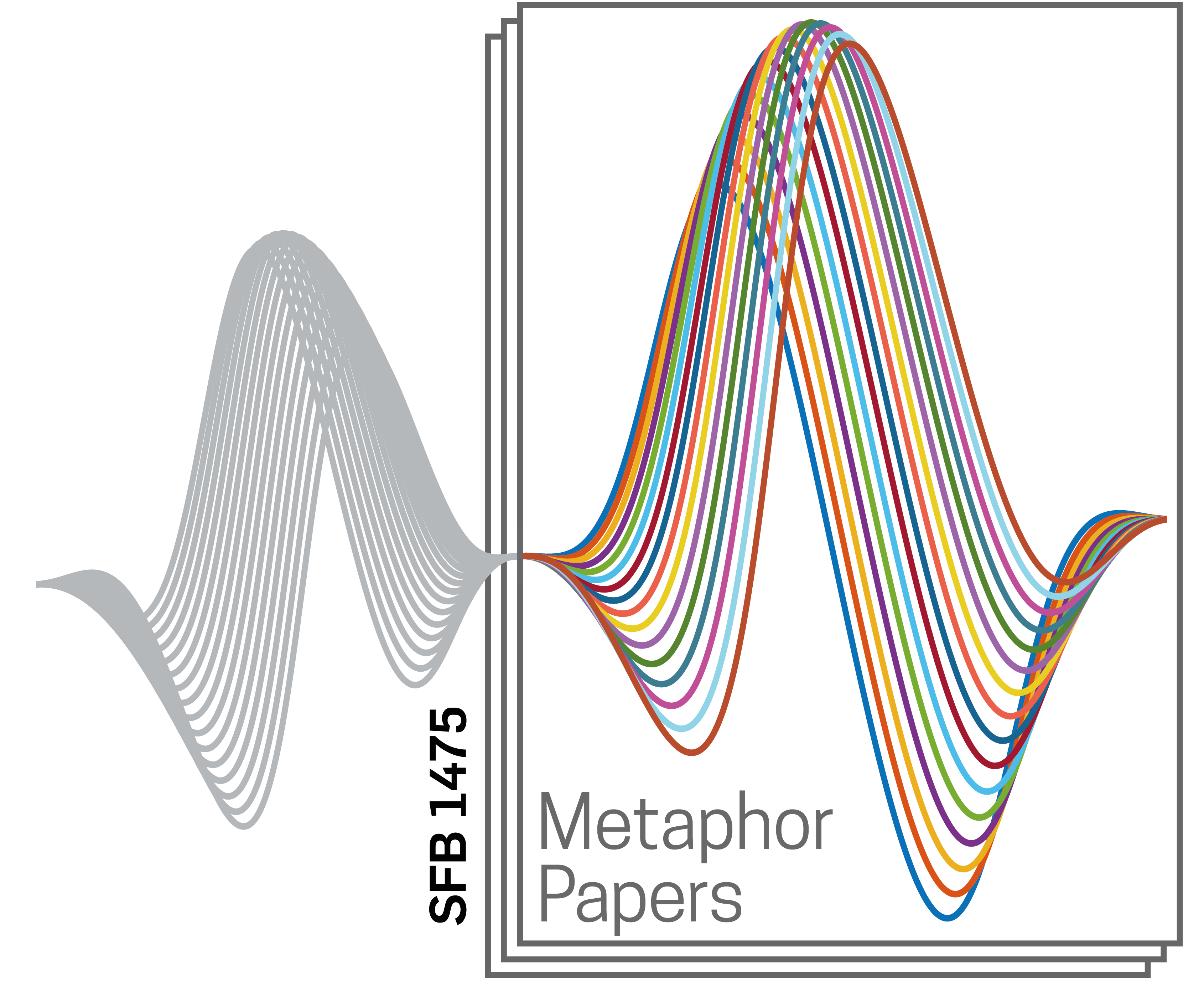
Die kategorische Kapuze: Metaphern als logische Brücken bei den Modisten
Keywords:
Modists, Grammatica speculativa, Thomas of Erfurt, medieval linguistic theory, syntax, grammar and logicSynopsis
This article explores the linguistic theory of the Modists, a medieval school that regarded grammar as a universal philosophy of language. Central to their approach is the Grammatica speculativa, a model that conceptualizes language as a triadic system of being (modi essendi), cognition (modi intelligendi), and signification (modi significandi). The study focuses particularly on Modistic syntax based on Thomas of Erfurt’s Novi modi significandi. It highlights how the Modists linked grammar and logic through metaphorical concepts, as illustrated by the example of the "categorical hood." The analysis demonstrates how metaphorical language serves as a bridge between grammatical correctness and logical consistency.




